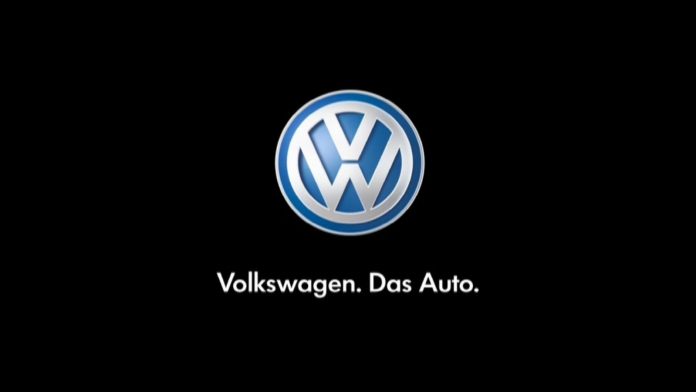Berlin: Volkswagen is taking another $3 billion charge to fix diesel engines in the United States, lifting the total bill for its emissions-test cheating scandal to around $30 billion.
The German group is struggling to put the two-year-old “Dieselgate” scandal behind it, and working to transform itself into a maker of mass-market electric cars.
On Thursday, Munich prosecutors said they had arrested a former Porsche management board member, the first top executive within the group to be detained amid a widening probe into cheating at VW’s Audi brand.
VW’s growing financial woes and Wolfgang Hatz’s arrest were also discussed on Friday at a regular meeting of the carmaker’s supervisory board, one person familiar with the matter said.
VW shares fell as much as 3 percent on Friday, as traders and analysts expressed dismay that the company was still booking charges for “Dieselgate”.
VW, Europe’s biggest automaker, admitted in September 2015 that it had used illegal software to cheat U.S. diesel emissions tests, sparking the biggest business crisis in its 80-year history. Before Friday, it had set aside 22.6 billion euros ($26.7 billion) to cover costs such as fines and vehicle refits.
FIXES HARDER THAN EXPECTED
Last year, VW agreed with U.S. authorities to spend up to $15.3 billion to buy back or fix up to 475,000 2.0-litre polluting diesel cars.
On Friday, VW said it was setting aside an additional 2.5 billion euros ($3.0 billion) as hardware fixes for the models were proving tougher than expected and would take significantly longer. Ellinghorst said the complications would amount to 5,200 euros per car.
“We have to do more with the hardware,” a VW spokesman said.
In Europe, where only a software update is required for the 8.5 million affected cars, plus a minor component integration for about 3.7 million 1.6-litre vehicles included in that number, fixes are running smoothly, the spokesman added.
The additional provision will be reflected in third-quarter results due on Oct. 27, VW said.
Ellinghorst, who has an “outperform” rating on VW shares, expects the company to report third-quarter group earnings before tax and interest of 4.04 billion euros.
As recently as Sept. 11, chief executive Matthias Mueller had maintained in an interview with Reuters that provisions made to date would suffice.
“It has now become clear that we need to do more,” a spokesman said on Friday, without elaborating.
“WHAT MAY BE NEXT?”
VW said in September 2015 that around 11 million vehicles worldwide could be using software capable of cheating emissions tests. Audi, its luxury division, admitted two months later that about 83,000 vehicles with 3.0-litre V6 diesel engines were also fitted with an auxiliary control device deemed illegal in the U.S.
With Dieselgate costs rising and management’s credibility weakened by Friday’s announcement, analysts said VW now had a more acute need to accelerate a restructuring or sell some assets.
“In order to keep our constructive stance on the stock we need to see management taking action regarding the group structure over the coming months,” Ellinghorst said.
Separately, Porsche SE, which owns a 30.8 percent stake in VW and tracks its earnings, said the new provision would also affect its results, but stuck to the wide range for its expected 2017 post-tax profit of 2.1-3.1 billion euros.




